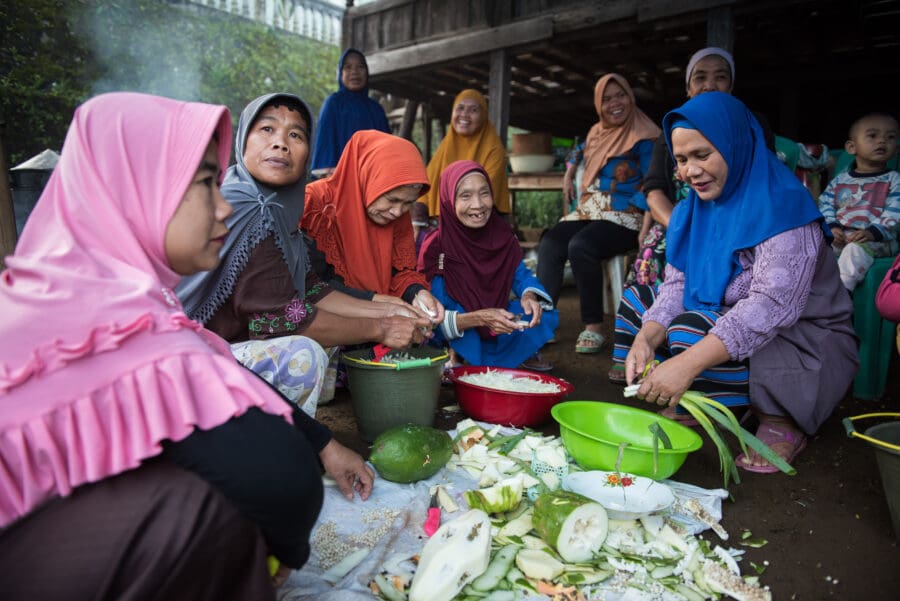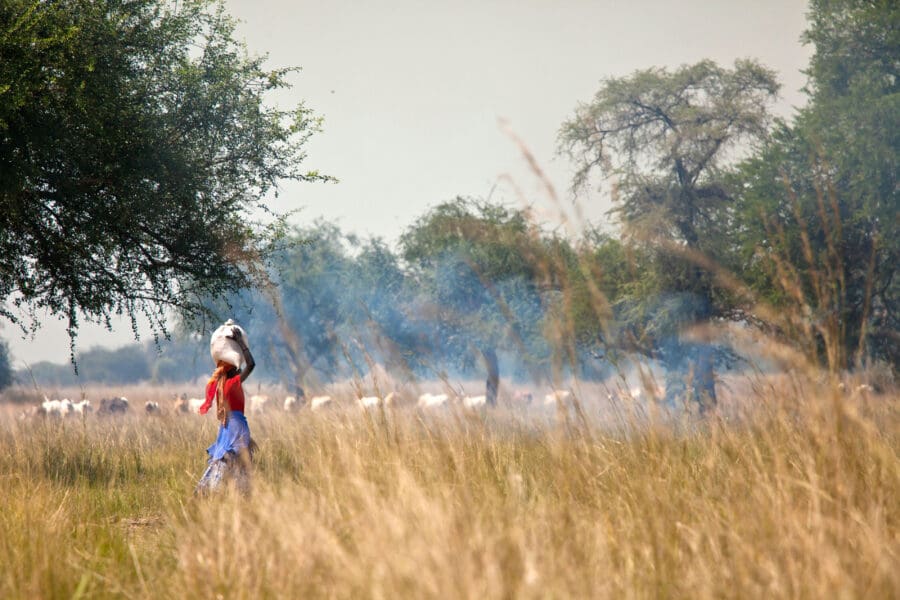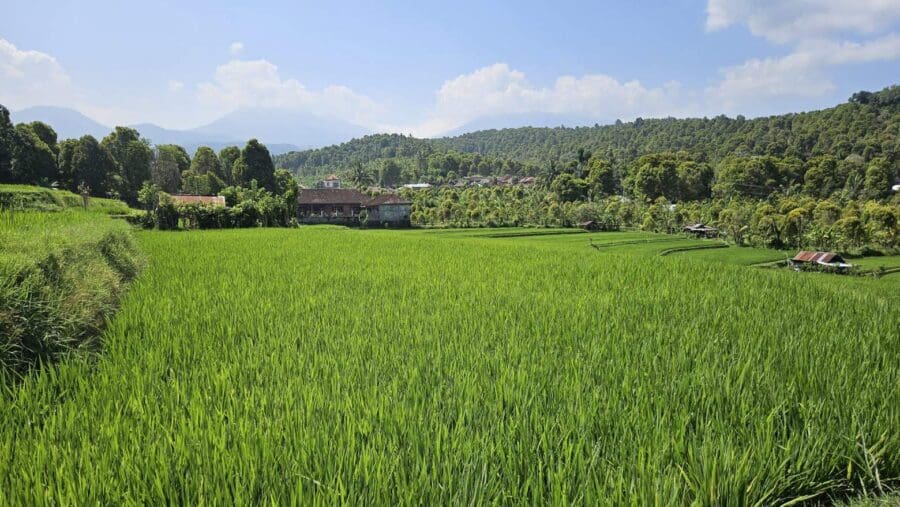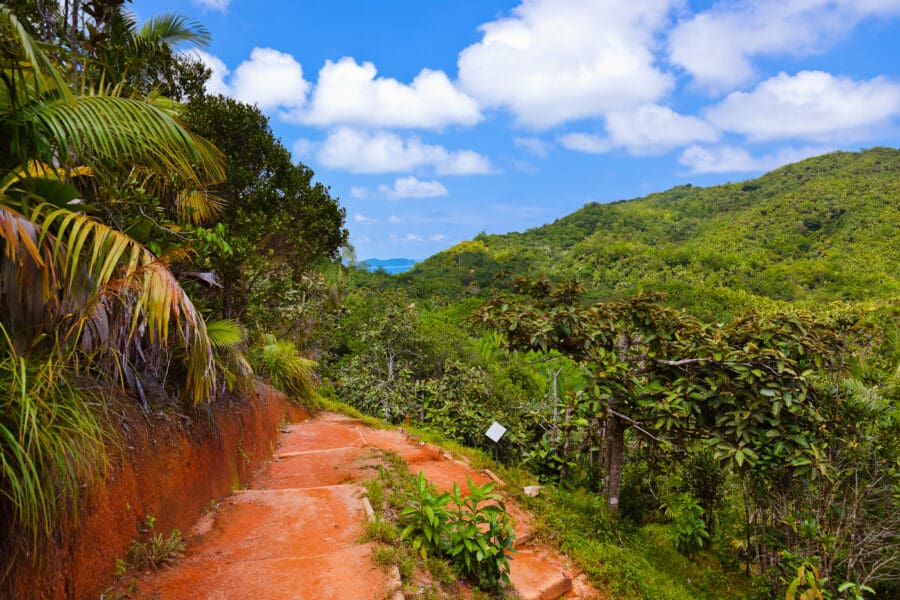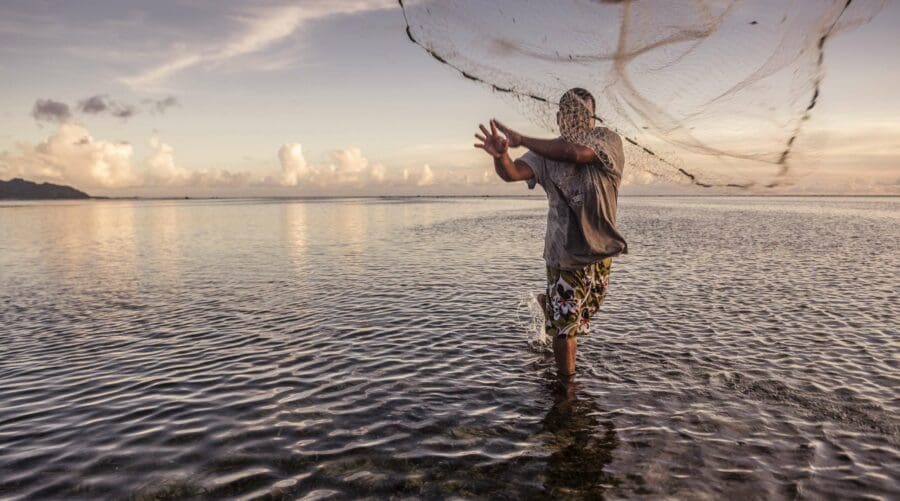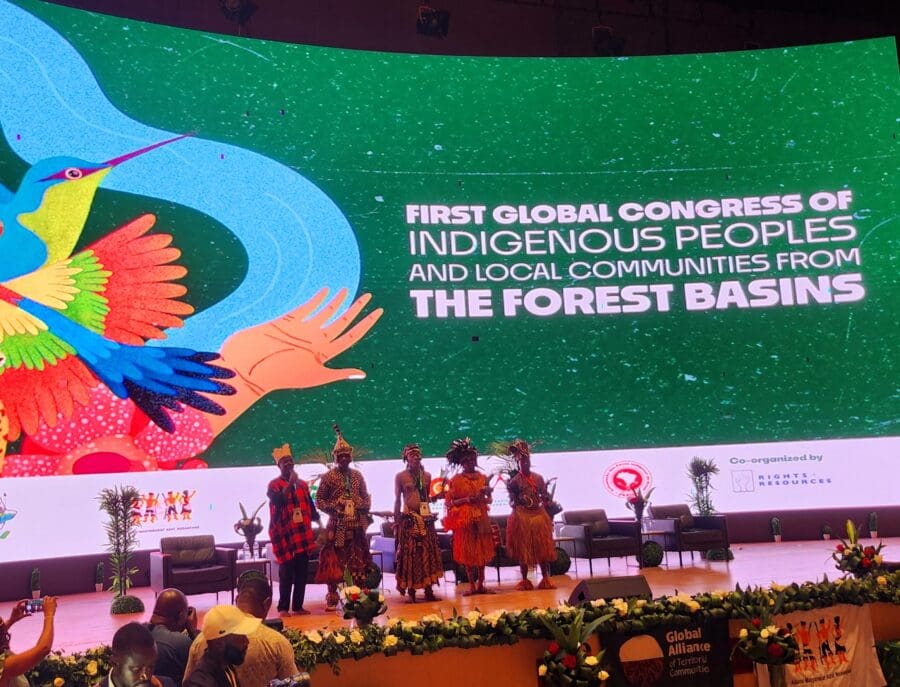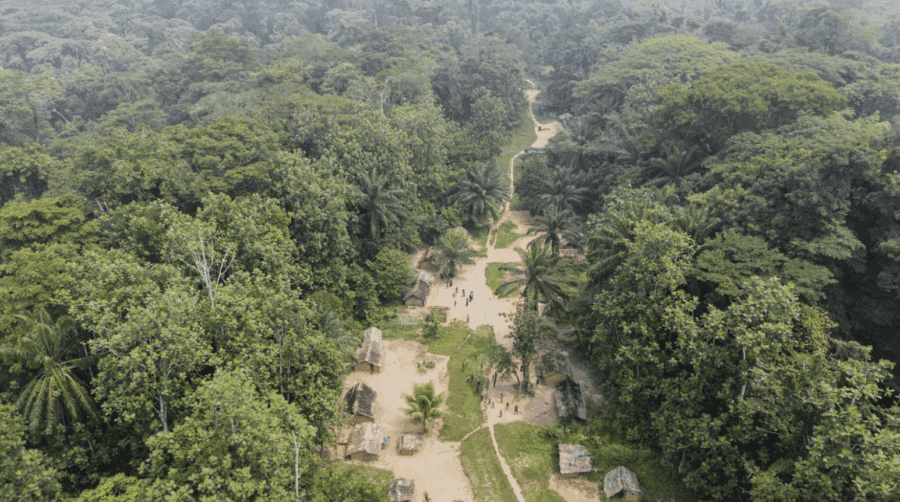While communities have succeeded in securing governmental recognition of their forest rights for 15 per cent of forests globally, the pace of recognition since 2008 has decreased, according to the Rights and Resources Initiative (RRI), the organisation behind a second report.

New analysis reveals that Indigenous Peoples and local communities manage 300,000 million metric tons of carbon in their trees and soil—33 times energy emissions from 2017
New analysis reveals that Indigenous Peoples and local communities manage 300,000 million metric tons of carbon in their trees and soil—33 times energy emissions from…

In DRC, a network of women leaders successfully advocated for an unprecedented legal framework to secure women’s land and forest rights
In the Democratic Republic of the Congo (DRC), Indigenous Peoples, local communities, and rural women have long struggled to have their customary rights to their lands and forests formally recognized—but a breakthrough in one province shows that this could be changing at a pivotal moment.
New Thai law for forest-dwellers does not give ownership rights, activists say
Thai campaigners have criticized a pilot program that allows villagers to live in the forest as long as they care for the environment, arguing that it does not give land tenure security.
La ONU alerta de que en la lucha por el derecho a la tierra los activistas son retratados como criminales
Los gobiernos y las empresas utilizan cada vez más la persecución legal para retratar a los activistas indígenas como criminales y terroristas, poniéndolos en mayor…
Indigenous Peoples in the Grip of ‘Criminalization’, Warns New UN Report
A new United Nations report warns that “in a wide variety of countries,” both physical violence and legal prosecution are used against Indigenous Peoples defending their rights and lands. They are “criminalized”.
United Nations reports drastic increase of violence against Indigenous peoples
In support of the Special Rapporteur’s report, a new website brings together audio and written testimony provided by indigenous leaders on this pervasive problem worldwide. The report and supplementary materials describe a systematic attack on indigenous land and human rights defenders around the world, an effort to silence those who oppose development projects on their lands.
In battles over land rights, activists are branded as criminals: U.N.
Governments and corporations are increasingly using legal persecution to portray indigenous activists as criminals and terrorists, putting them at heightened risk of violence, the United Nations said on Monday. Indigenous leaders and campaigners fighting to protect land from development are being stymied and silenced by rising militarization, national security acts and anti-terrorism laws, according to a report submitted to the U.N. Human Rights Council.
Land Rights Are the Invisible Investment Risk Too Many Ignore
Land conflicts can be fatal for burgeoning agribusiness or other enterprises located in rural regions, but many companies have limited knowledge of how to anticipate and evaluate land-related risk. This is particularly true for land held under collective arrangements by Indigenous peoples or other communities, which is seldom formally documented.
(Re)connecting the Dots: To See Progress, We Must Place People and Forests at the Center of the Sustainable Development Paradigm
None of these measures can be achieved if forests are not at the heart of land use policies, development strategies, and actions that go far beyond the forest sector. Consequently, there has been an increased emphasis on certain sustainable management practices, especially those that can integrate multiple sectors to evaluate the opportunities of food, water and energy security.
Thai activist to appeal sentence for trespassing in national park
Indigenous and local communities own more than half the world’s land under customary rights. Yet they only have secure legal rights to 10 percent, according to Washington D.C.-based advocacy group Rights and Resources Initiative.
The rapid growth of protected areas from Peru to Indonesia has exacerbated their vulnerability: more than 250,000 people in 15 countries were evicted from such areas from 1990 to 2014, according to RRI.

